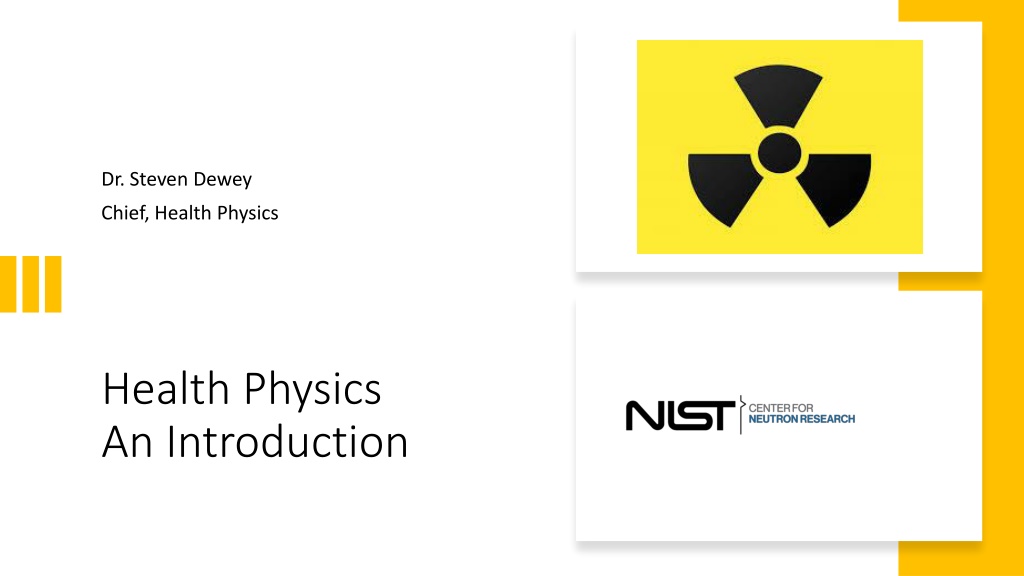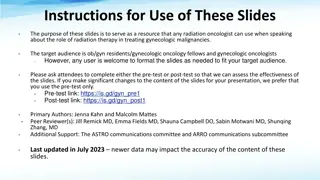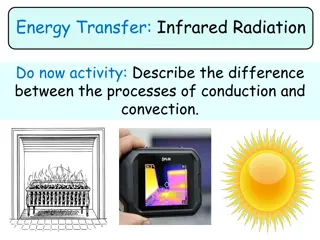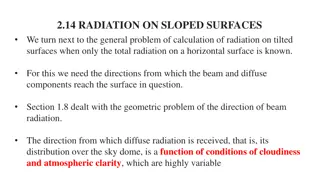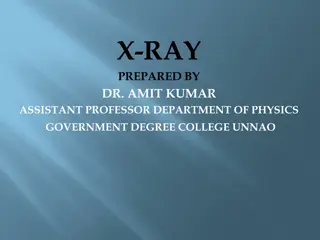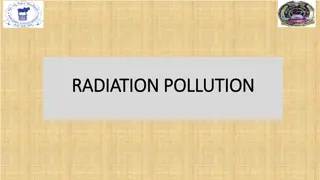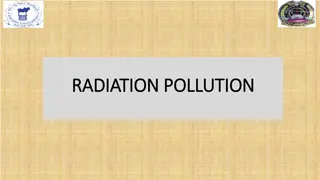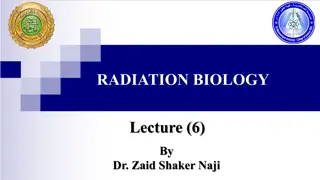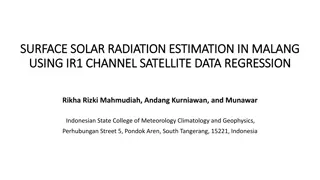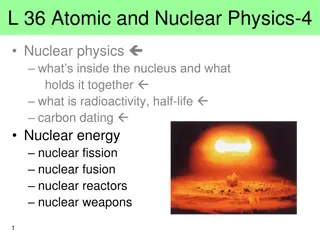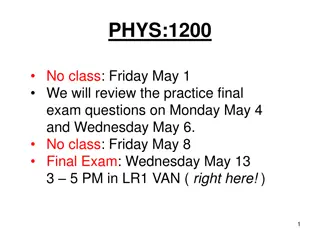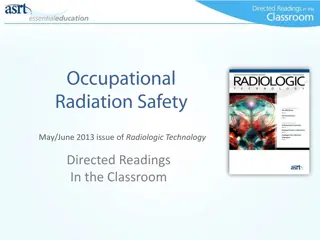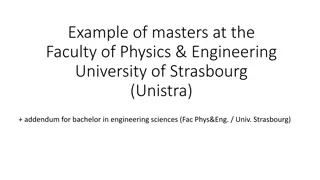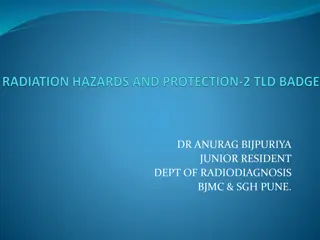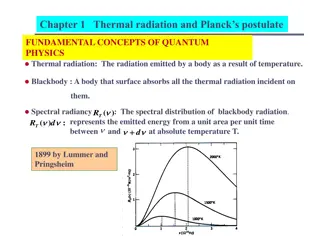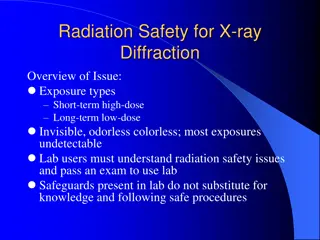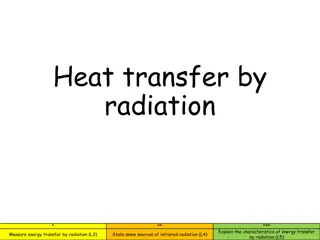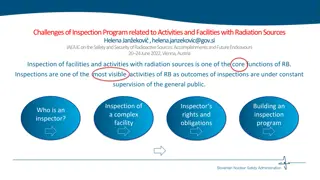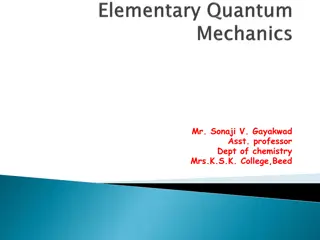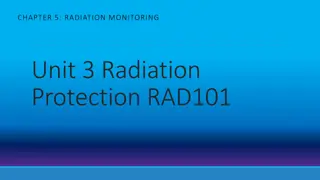Radiation Safety Training and Health Physics Overview
Dr. Steven Dewey heads a team in Health Physics focusing on radiation safety training, monitoring, and response to emergencies. The team emphasizes ALARA principles and safety culture, providing a safe working environment. They offer various training programs on radiation safety and exposure risks, including in-person tours and hands-on classroom training. Joining the team involves responsibilities such as maintaining radiation monitors, managing radioactive waste, and responding to radiological emergencies. Personal safety and understanding risks are key priorities for the team.
Download Presentation

Please find below an Image/Link to download the presentation.
The content on the website is provided AS IS for your information and personal use only. It may not be sold, licensed, or shared on other websites without obtaining consent from the author. Download presentation by click this link. If you encounter any issues during the download, it is possible that the publisher has removed the file from their server.
E N D
Presentation Transcript
Dr. Steven Dewey Chief, Health Physics Health Physics An Introduction
What do we do? RADIATION SAFETY
Radiation Safety Training Risks of radiation exposure How to use radiation meters How to work safely with radiation Requirements and procedures at the NCNR Health Physics Monitor radiation exposures Surveys throughout the building Monitor individuals' exposure Monitor releases to the environment
Health Physics Maintain radiation monitors Monitor reactor and instrument stations for radiation concerns Monitor work with increased radiation risks Manage radioactive waste Review new work and develop controls Monitor contamination throughout the facility Response to radiological emergencies
One team Chief Five Health Physicists One Health Technician Supervisor Five Health Physics Technicians (two vacancies) The HP Team
We want you to understand the risks you are exposed to Important that you understand how to protect yourself ALARA As Low As Reasonably Achievable Provide you with a safe working environment Safety Culture is our driving principle Ask questions! If you don t understand ask If something does look, sound, or feel right? Stop ASK Take personal responsibility for your safety Safety Principles
What can you expect if/when you return? Training Online training on radiation safety What are the risks associated with radiation exposure? What are the regulatory exposure limits? What are the requirements at the NCNR An in-person radiation safety tour of the building 1-2 hours of all the radiation safety features, requirements, and procedures at the NCNR Hands on Classroom Training A 1 hour hands on training on using instruments, dosimetry, etc
Assignment of a radiation dosimeter Help receiving your samples (if they are radioactive) Help shipping your samples Are radioactive after your analysis? Answer your questions Respond if you have a spill/incident involving radiation What can you expect?
QUESTIONS? Steven Dewey, CHP, PhD Chief, NCNR Health Physics 301-975-5810 Steven.Dewey@nist.gov
